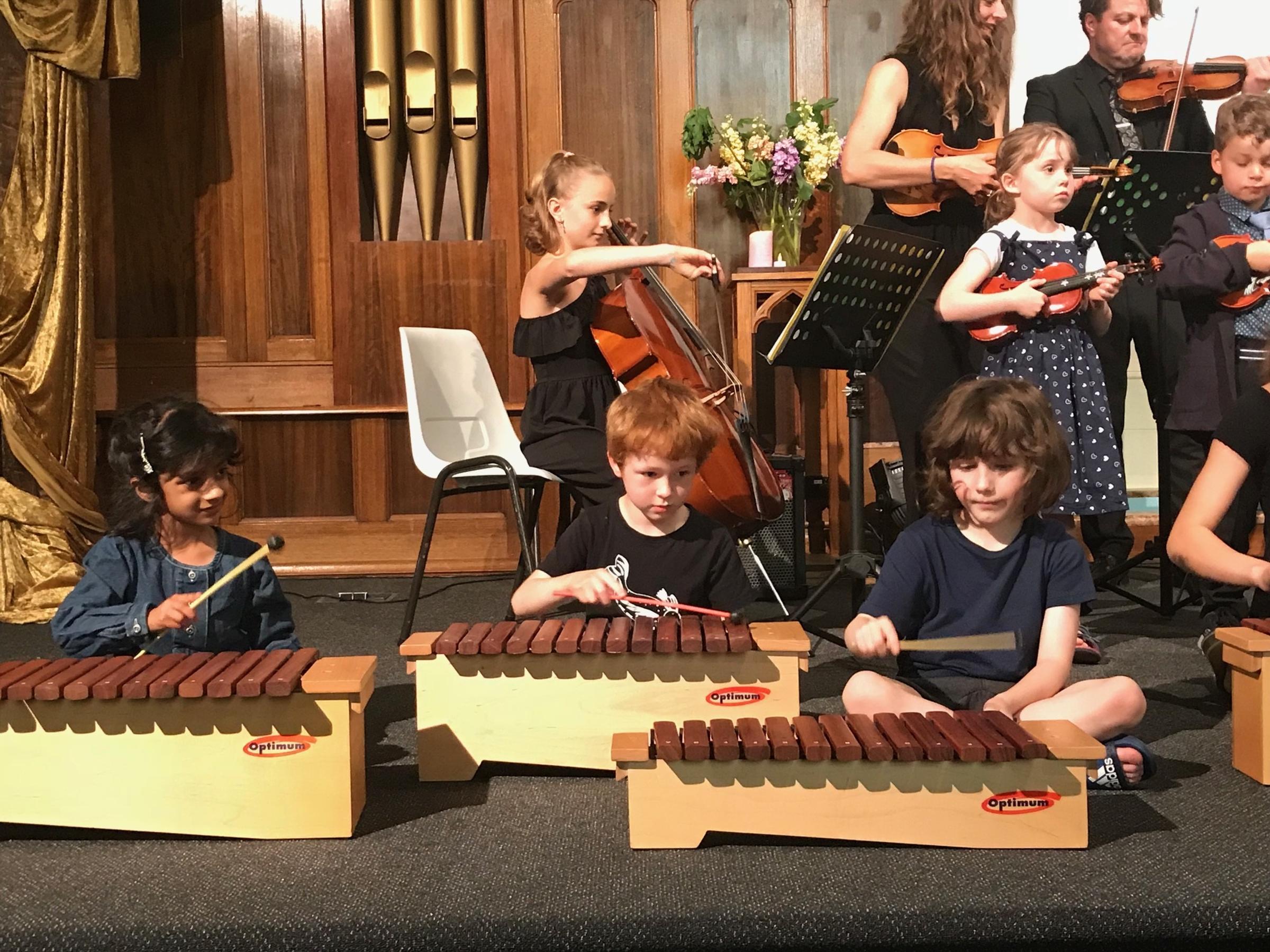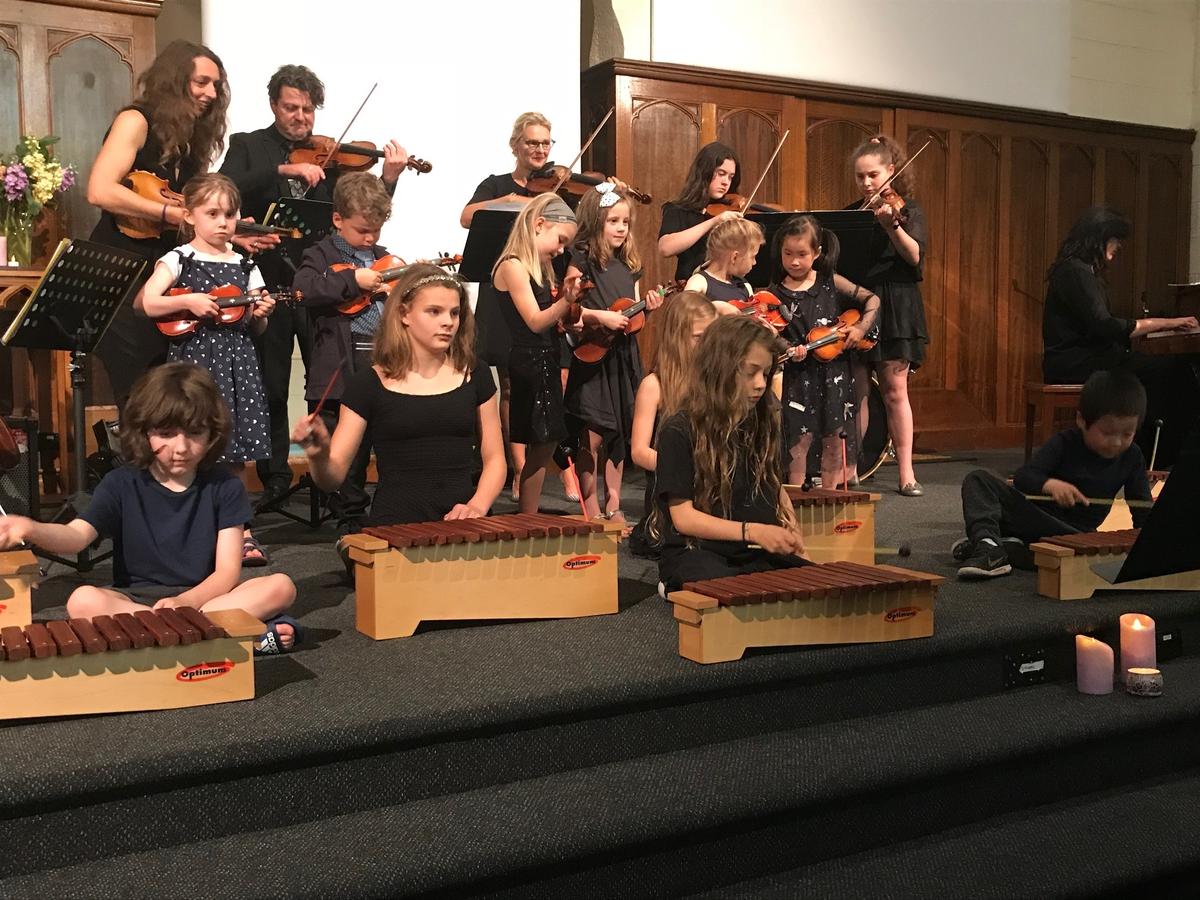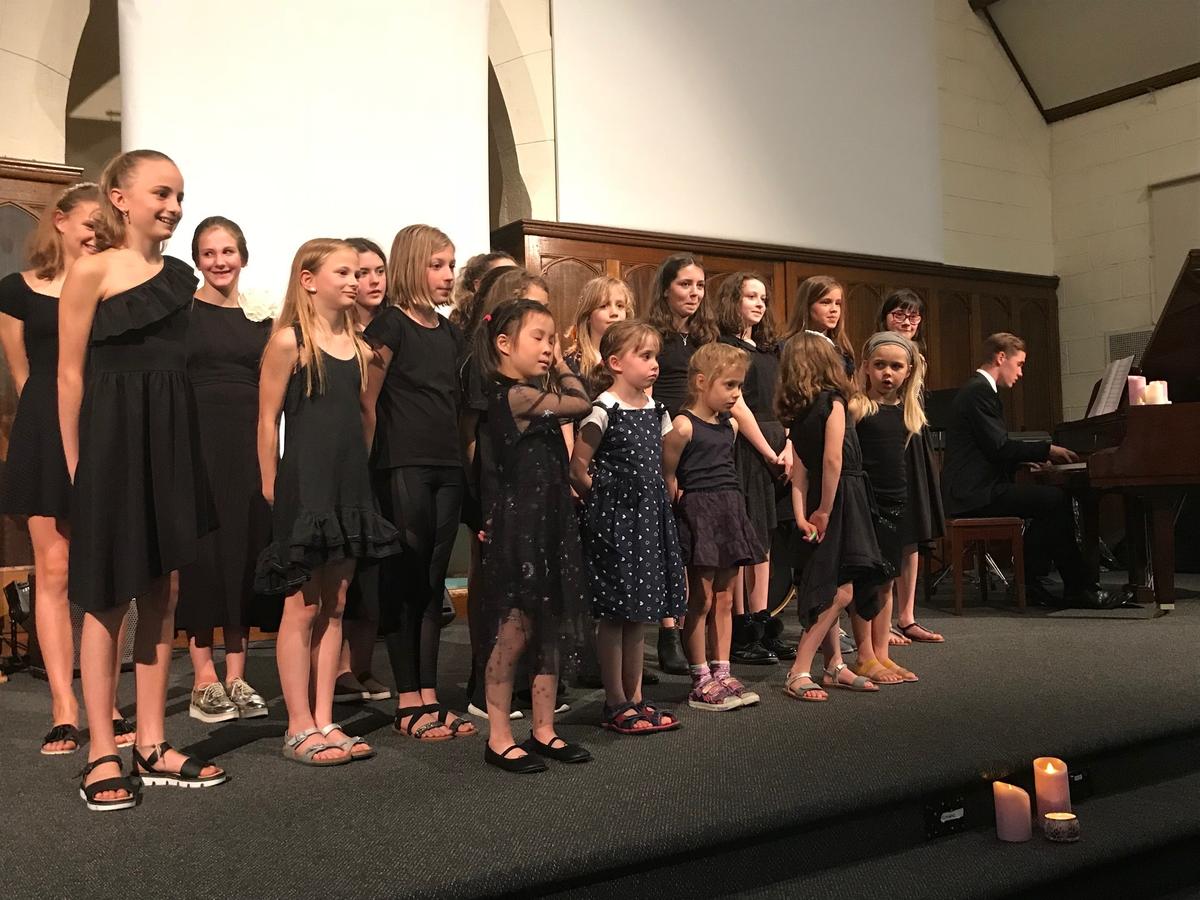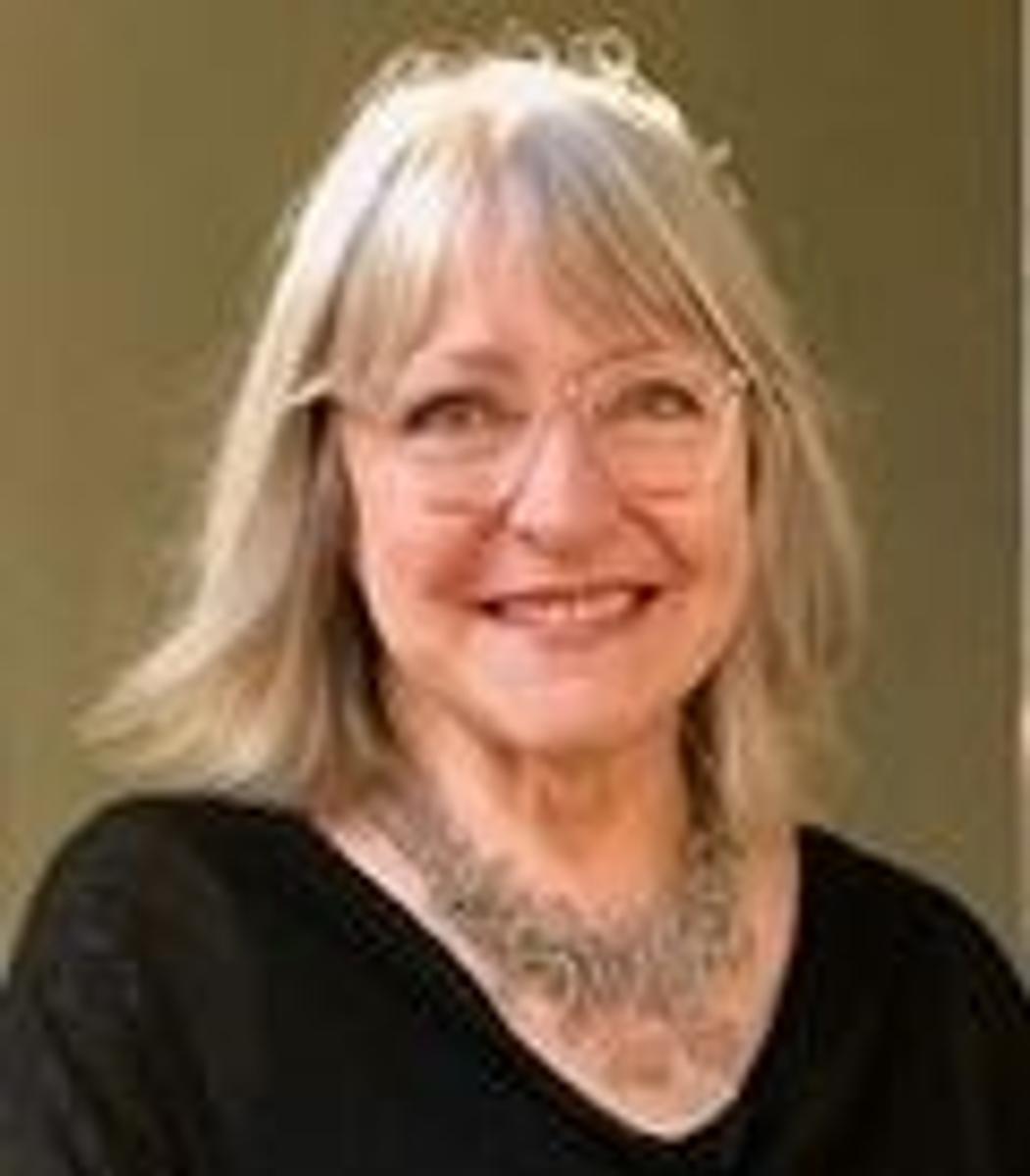From the Principal

Music - a ‘potent force for good’ in the life of Preshil
Parents need to know, for example, that unless their children are receiving a first-rate music
education, taught by teachers who know about music, their children's brains are being starved, in
part, of the necessary stimulants that generate creativity in an individual.
These are the words of Richard Gill, in his scathing assessment of the depleted arts education
symbolised by the prioritisation of NAPLAN and such like in Australian schools. His recent death has seen an outpouring of respect and gratitude for his impact on the musical lives of individual
musicians, on music institutions and music education over the last several decades. His passionate advocacy for high-quality music education stands in sad contrast to both his own childhood experiences and the ongoing relegation of music, and arts education in general, to the status of an optional extra in the lives of a majority of children.
He went on to say:
Music can be a potent force for good in the life of a child, especially when it is taught properly and
sequentially.
So why music?
We teach music because it is unique and good. We teach music so that children can make their own
music. We teach music because it acts in a unique way on the heart, mind, soul and spirit of the child, stimulating thought and imagination in very special ways.
These are the real reasons for teaching music.
There are, as well, some wonderful bonuses of a tangible nature which can eventuate when music is taught. It is a matter of fact that the faculty of hearing is one of the first faculties developed in the womb. It is also a fact that in order to comprehend music, hearing, in the form of focused listening and strong concentration, must occur.
The impact this type of education would have on children, with respect to creative thinking,
imaginative problem solving, resulting in classrooms full of engaged and interested minds with the capacity to think, perceive, analyse and act upon ideas, would turn the educational decline on its head.
I have been in too many schools where music has been sidelined, either by a dismissive attitudes to
the arts, or even worse, by music teachers who are only interested in gathering around them a small group of selected young musicians who are ‘worthy’ of their notice. They guard a narrow and
unappetising repertoire of music and focus on technical accuracy, ensuring that all performance is undertaken in an atmosphere of breathless fear lest a mistake should be made.
How lucky are we to have Karoline Kuti and Michelle Berner! They have built a brilliant team of instrumental music teachers, and some equally brilliant volunteers, all of whom are professional
musicians committed to a rich and authentic program, which celebrates imagination and innovation as much as it inspires rigorous commitment and excellence. Thank you, Karoline and Michelle, you are awesome.
The Classical Concert has grown each year, with some of the youngest, wriggling members of the
audience welcomed onto the stage to perform alongside with, whilst gazing in awe at, their older, accomplished peers, now key members of ensembles and with the confidence to play solos.
I hope many Arlington families took the opportunity, last week, to see the Preshil musical production of ‘Alice in Wonderland’. Biased as I may well be, it was amazing. All 40 songs had been written by students and accompanied by the orchestra.
In the Program Notes Karoline, the director, writes
‘each cast member wanting to sing began
composing with Michelle Berner. One song after another was born. Michelle worked tirelessly to
orchestrate each song, giving it the feel and energy required. The IB Diploma Programme Music class and I set to work to create incidental music for all the scene changes and moments that would benefit from aural accompaniment, and through the cast’s willingness to explore and experiment, the show came to life'.
It certainly did.
Someone asked me how come Preshil has so many outstanding singers and instrumentalists able to take on solo parts? Because each one of these students has been nurtured and respected to find their own voice, supported by the unwavering belief of their teachers and fellows and acknowledged for the courage and resilience they have shown when success did not immediately follow. We witnessed this process first hand earlier in the year with the fantastic performances on display in ‘The Suitcase Kid'.
In the following weeks there is a schedule of musical soirees at Arlington, our last ever VCE Music night and the final ‘Big Day In’ concert to finish the year. I hope to see you there.
At least, with regard to Preshil, Richard Gill can rest easy.
Marilyn Smith
Principal



